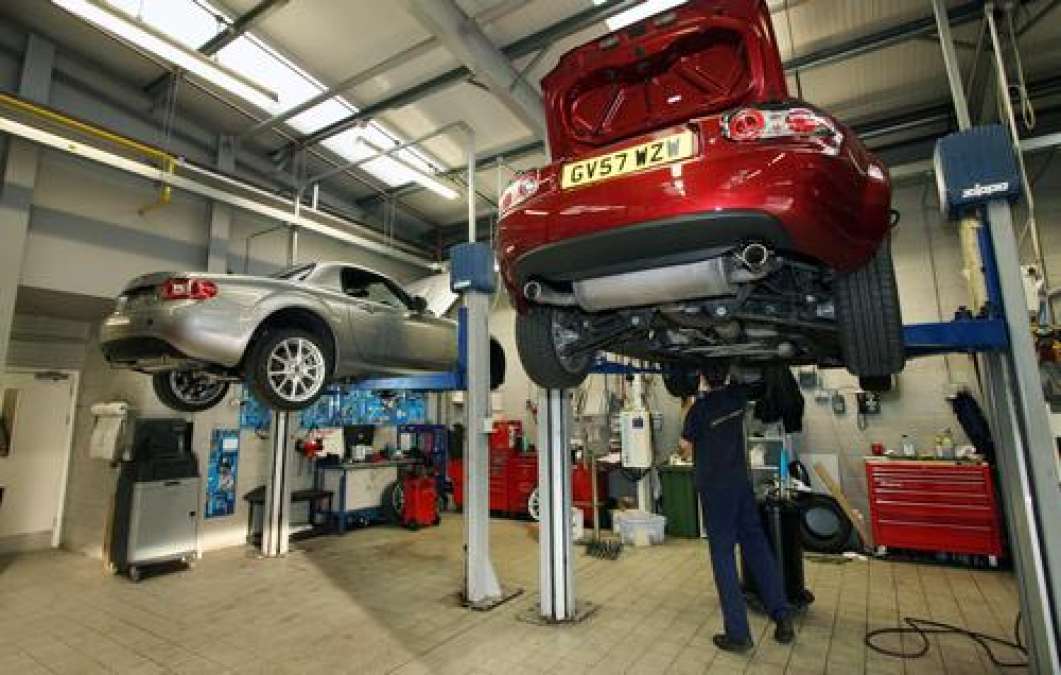ICM Research, a public opinion research and insights consultancy firm, estimates that cars with complete service histories are worth more. Also they tend to be easier to sell to a potential buyer. Complete service histories can increase a cars value by as much as 26 percent.
The research has shown that more than 1-in-3 buyers (34 percent) would not buy a car without a complete service history. Also it is important for people to buy cars with a complete service history from a dealer rather than an independent dealer. Only 32 percent valued the car the same if serviced by an independent garage, which suggests that 68 percent of car buying consumers value a car greater if it has a complete service history from a dealership. This means that using a dealership for servicing will add value to a car when it comes time to sell it. The average used car sells for about $8800, this concludes that a car with a complete service history could be worth up to $2400 more on average.
DSR was launched on Mazda vehicles in 2006. However, any Mazda built since 1998 can be added retrospectively to the database if requested. In the United Kingdom (UK) Mazda has a database of more than 274,000 cars. The oldest vehicle in the database is a 1999 Mazda Premacy customer, whose owner has already accumulated 181,000 miles.
“DSR replaces the traditional service record book which sits in the glovebox for 364 days of the year, emerging once every 12 months to be stamped when the car has its annual service,” explained David Wilson-Green, Aftersales Director at Mazda UK.
Using a dealership brings additional benefits for customers. Original Equipment (OE) parts are used that come with a two-year warranty and fully-trained Mazda technicians can keep Mazda cars running at their best condition. Dealerships also have access to important vehicle software updates, which some independent garages may not have.
“DSR is much more secure than the traditional paper service record,” said Wilson-Green. “Service histories can be falsified; but with an electronic service record it is very difficult to be fraudulent.”
Not only does this help maintain the relationship between the customer and the dealership, it also allows dealers to know a car’s history better.
DSR also allows dealers to validate warranty repairs instantly, and securely follow a vehicles mileage. Most importantly DSR allows Mazda to follow service records for all types of jobs, like check-ups, inspections, and even if the car has been fitted with a new odometer.
DSR has a whole reporting system to inform dealership service centers of which customer's vehicles need to be serviced, who has been visited recently, and those that might have missed or forgotten about a service. People can also be taken off the database if they no longer own a Mazda vehicle.
Overall DSR is great emerging technology for dealership service centers, technicians, and especially owners of Mazda vehicles.
Please contact Adam Yamada-Hanff – [email protected] – for comments, questions, or topics. You can also follow him on Twitter @AdamsAutoAdvice





